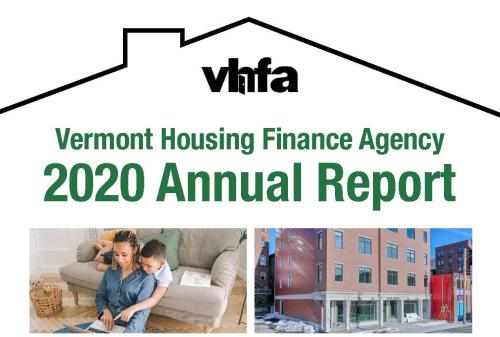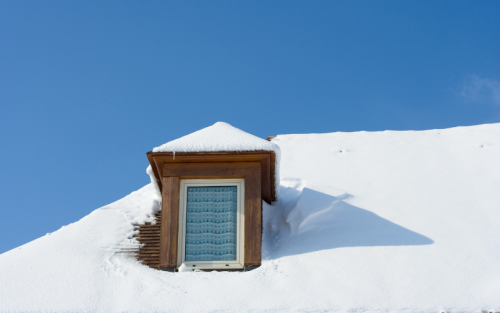Vermont Housing Finance Agency (VHFA) Executive Director Maura Collins was recently appointed to the National Council of State Housing Agencies (NCSHA) Board and Federal Home Loan Bank of Boston (FHLB) Advisory Council. These two organizations play a key role in shaping housing finance policy in New England and beyond.
Riley Burchell joins VHFA as Vermont Housing Fellow
Columbia University graduate student Riley Burchell has been named the Spring 2021 Vermont Housing Fellow. Burchell will receive a financial stipend to improve and expand information available to decision makers about Vermont housing markets and opportunities. In addition, the program is intended to provide the fellow with valuable experience aiding to her professional development.
Burchell is pursuing dual degrees in Urban Planning and Social Work Policy at Columbia University. She has interned for two years at the New York City Department of Housing Preservation & Development, most recently facilitating and developing community engagement strategies around the implementation of a community land trust initiative in Far Rockaway, Queens.
2020 VHFA Annual Report recaps a year like no other
As the COVID-19 pandemic unfolded worldwide, VHFA focused on the shifting needs of Vermonters and stayed the course with long-standing tools and programs. In March, the agency swiftly found ways to support non-profit partners as well as to pivot to fully remote work. By December, it had designed and wrapped up a 6-month Vermont COVID Emergency Mortgage Assistance Program that successfully helped 638 homeowners to remain stably housed after COVID hardships caused them to miss mortgage payments.
Energy and housing leaders applaud Governor Phil Scott’s investment in weatherization
Administration proposal lays groundwork to improve home affordability, lower energy costs, and reduce greenhouse gas emissions across Vermont
Energy and housing leaders applauded Governor Phil Scott’s announcement today in his budget address to invest $25 million in weatherization, which will be leveraged to generate $68 million for projects across the state. Especially for low- and moderate-income Vermonters, weatherization makes housing more affordable by improving the energy efficiency of a home or building. The result is improved health of residents, greater comfort from cold and heat, reduced energy costs, and lower carbon emissions.




